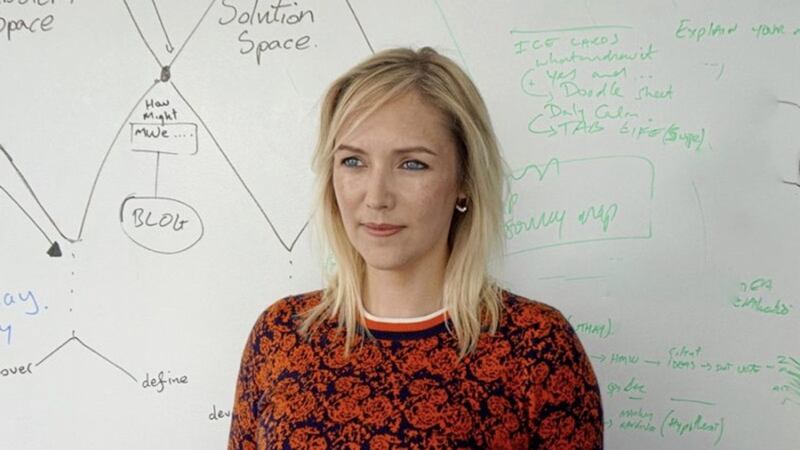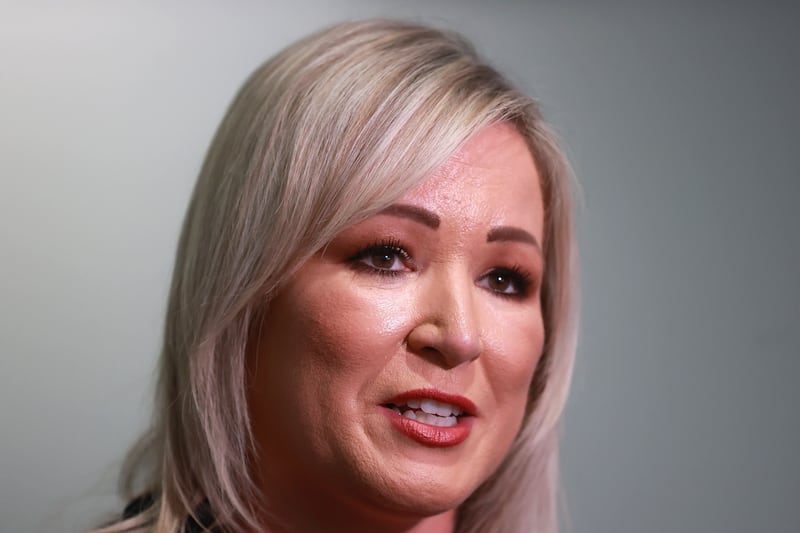THE mental health effects of `lockdown life' are to be examined in a university study.
A team of experts at the University of Limerick (UL) is to explore how children, teenagers and their families are coping.
The lockdown has led to major disruptions to the lives of young people and their families that could threaten their wellbeing, they said.
Co-SPACE (Covid-19 Supporting Parents, Adolescents and Children during Epidemics) will focus on those aged 4-18 and their families.
The researchers aim to track young people's mental health throughout the crisis to identify what advice, support and help can actually protect their mental health.
The research is linked to a study of the same name in the UK.
Early findings in that study revealed that the top three stressors for parents and carers were work, their children's wellbeing and their family and friends outside their household.
About half of the young people surveyed were completing two or more hours of schoolwork per day.
Three quarters were keeping in touch with friends via video chat and the same proportion were getting more than 30 minutes of exercise per day.
It also revealed that almost two-thirds of parents felt they were not sufficiently meeting the needs of both work and their child.
The UL team is hoping to get more than 1,000 families and carers to participate, with the first survey to be followed up by subsequent surveys at monthly intervals.
Dr Jennifer McMahon, lecturer in Psychology of Education at UL, said anecdotal reports suggested that many families and students were struggling with the restrictions imposed by Covid-19.
While general mental health supports were available, she said, there was a distinct lack of information about what type of supports could be most effective.
"The questions are on a range of topics related to family life and relationships, overall health and wellbeing, parenting, education, psychological symptoms and how they and their child are coping," Dr McMahon added.
"The early findings in the UK have shown us that two-thirds of parents or carers are worried that they are not meeting the needs of both work and to their children and we are interested to see if that situation is reflected here – it is likely that people are struggling with similar feelings.
"We are also interested in adolescents’ views and so if parents or carers have a child between 11-18 years there will be an option for them to take part also - once they have completed the initial survey."








